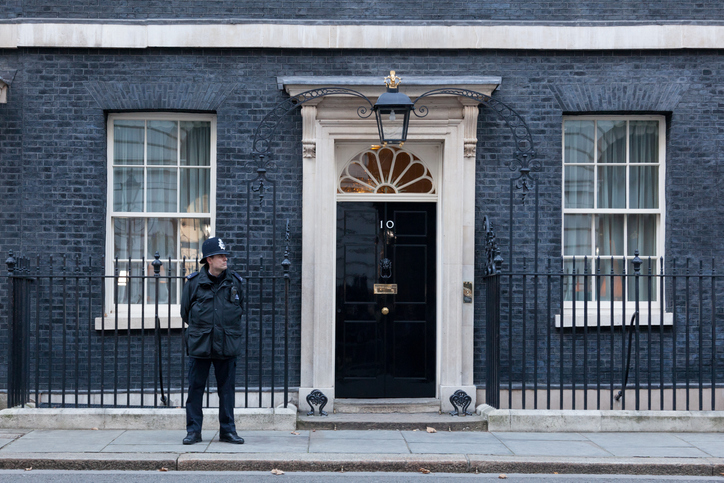Truss on Immigration
With Liz Truss set to commence her premiership as UK prime minister, Imelda Reddington examines the approach we can expect her new government to take on immigration matters.
On 5 September, what had seemed inevitable for several weeks was finally confirmed, as Liz Truss was announced as the next prime minister of the United Kingdom. Immigration policy has been a big focus of Johnson, May and Cameron’s Conservative governments, and, even as the cost-of-living crisis rumbles on, it will likely be an area that Truss’ government will also look to take a firm stance on.
Truss tweeted out a three-point plan on 24 July 2022, promising to:
- Expand the Rwanda policy with more countries
- Reinforce the border force with more staff
- Ensure that the European Convention on Human Rights (“ECHR”) “works for Britain”
We have discussed the Rwanda policy in some detail – you can read more about that here. In short, following an agreement between the UK and Rwandan governments, migrants who make “dangerous or illegal” journeys to the UK may be relocated to Rwanda to have their asylum claims processed there. Home Secretary Priti Patel claimed that the scheme would disrupt the operations of human traffickers and reduce deaths from migrants attempting to reach the UK through dangerous means. However, the policy has come in for considerable criticism from all corners of the political spectrum, on financial, practical, and ethical grounds. It is therefore slightly surprising that Truss would look to expand the scheme by signing similar partnerships with other countries, although the fact that her base of support in the House of Commons is one of the few cliques vociferously supporting the policy might have something to do with it.
Truss’ pledge to reinforce the border force, increasing staff capacity by 20%, also suggests that her government will look to take a tougher stance on immigration, if only in rhetoric. This pledge includes a promise to double the size of the Border Force Maritime and increase patrols in the British Channel. Truss has also said that her government will explore “all possible turnaround tactics” – what this means is unclear, but her desire to reform the UK’s relationship with the ECHR may be indicative of the nature of these tactics.
Truss has also promised to address labour shortages in certain sectors, by expanding the Seasonal Agricultural Workers Scheme (“SAWS”). While an announcement of increased agricultural worker visas may seem like a pro-immigration policy, the reality is that it is unlikely that the new capacity of visas will be taken up. In 2021, 67% of Seasonal Worker visas went to Ukrainians, with the next highest nationality being Russians, on 8% – it seems unlikely that nationals of either of these countries will be looking to make a temporary trip to the UK for fruit-picking or similar work, given the ongoing war in Ukraine. Whether this policy will manifestly address labour shortages in agriculture remains to be seen.
If you have any questions on UK immigration or staff mobility generally, please email us at [email protected].

